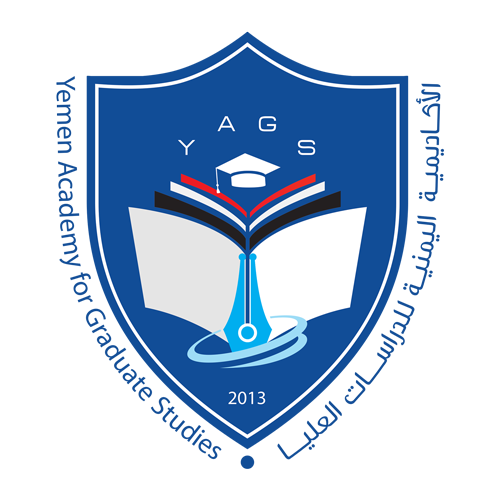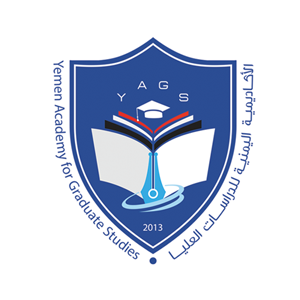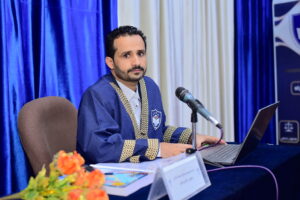This research critically examines the conceptual and practical limitations of AI-driven translation within the specialized domain of English-to-Arabic business translation. Recognizing the heightened global demand for translation services that balance efficiency with communicative fidelity, the study focuses on the significant challenges AI systems face due to the profound typological divergence and cultural-linguistic distance between English and Arabic, compounded by the inherent complexities of business discourse. The study employs a qualitative, hermeneutic methodology to achieve the research objectives: identifying specific translation challenges AI encounters in English-Arabic translation of business texts; uncovering the structural, cultural, and computational roots of these difficulties; and exploring how human post-editing intervention can enhance linguistic accuracy and cultural acceptability in the TT. Textual analysis is applied to a corpus of business documents (financial, legal, technological, and commercial), comparing outputs from AI systems (Google Gemini and ChatGPT) against professional human translations. The findings reveal persistent deficiencies in AI-generated translations, including terminological incongruity (inaccurate/inconsistent domain terminology), syntactic dissonance (grammatical structures inappropriate for Arabic), cultural insensitivity (failure to adapt to cultural norms), and contextual misalignment (misinterpretation of pragmatic meaning). These problems stem primarily from insufficient domain-specific corpus training, overreliance on generalized linguistic data, and the inherent difficulty for AI in computationally modeling the essential socio-pragmatic dimensions of language crucial for effective cross-cultural communication. The study concludes that AI remains fundamentally constrained in navigating the complex interpretive landscapes of specialized business texts, necessitating human intervention. Consequently, the research recommends a collaborative translational framework that transcends the human-machine dichotomy. It proposes specific strategic interventions, including developing specialized training corpora rich in domain-specific terminology, implementing contextual adaptation mechanisms sensitive to cultural nuances, establishing standardized terminological resources, and institutionalizing formalized post-editing protocols.
الباحث
زينب جبار لفتة
مشرف الرسالة
أ.م.د/ إبراهيم ناجي أحمد تاج الدين
سنة الإقرار
تاريخ المناقشة
لغة الرسالة
إنجليزي
الملخص




